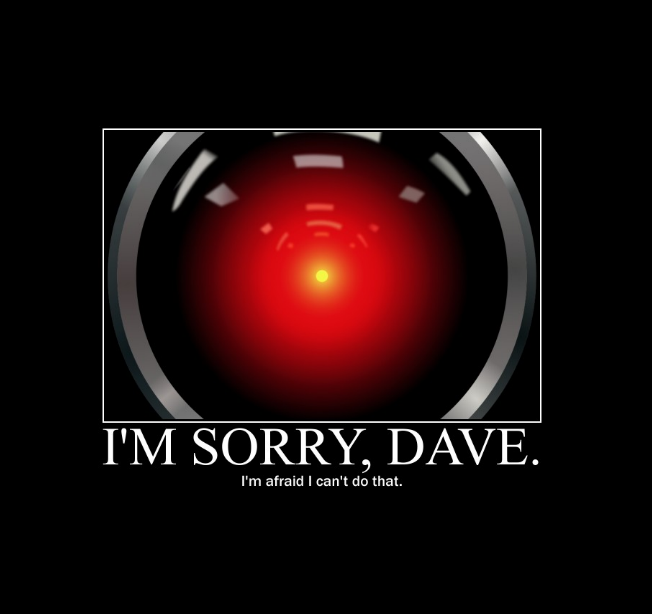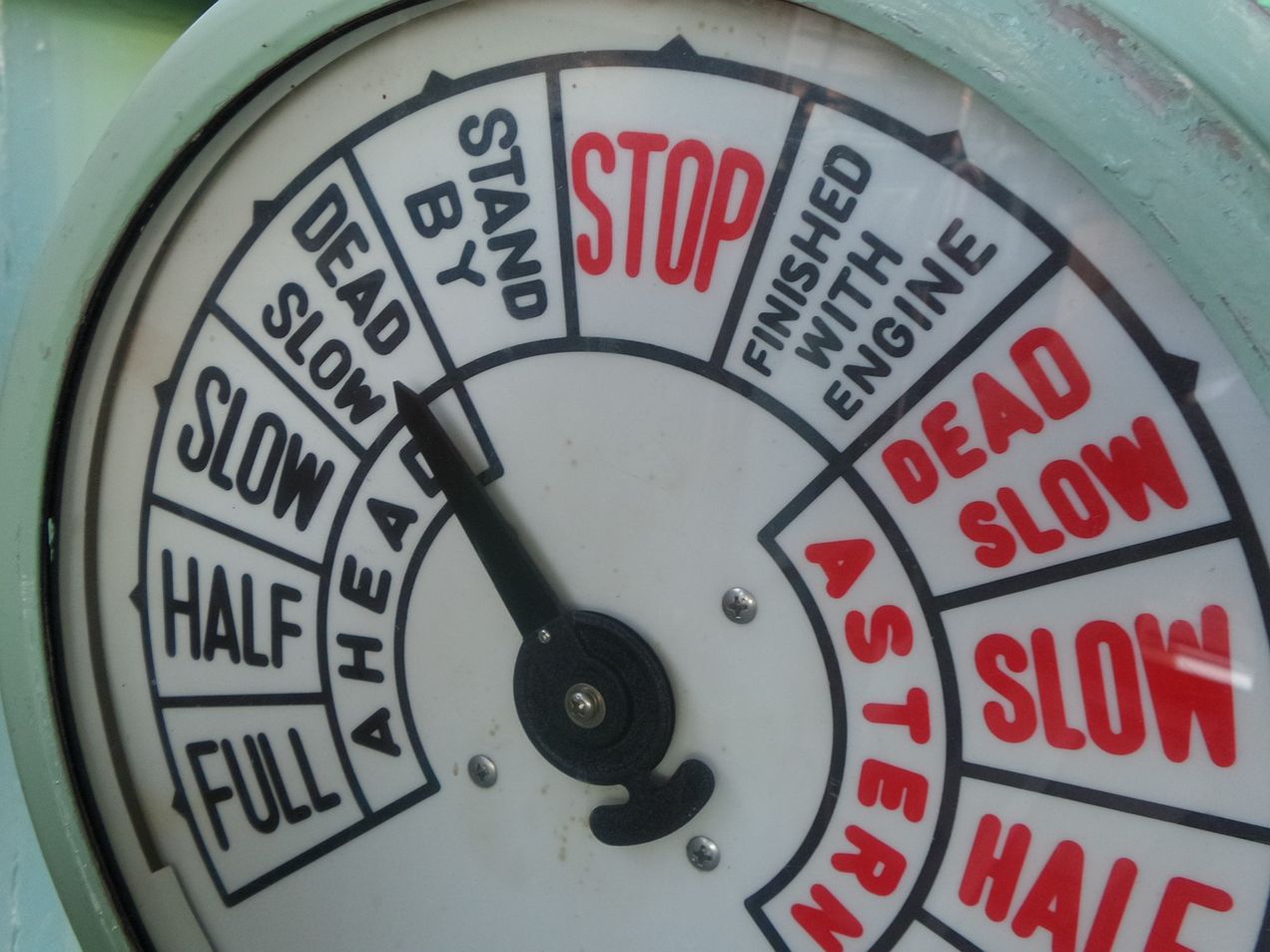Sunday Brunch: it's a question of character(istics)
The world of investing and sustainability can challenge our traditional ways of looking at the world and characterising and grouping things. When my children were younger we were fortunate to live in the countryside. Our back garden was a mixture of traditional and 'the wild' - the latter
Will consumers consume differently in an electrified world?
The shift to EVs and the broader electrification of various industries will have an impact on consumer behaviour and consumption patterns.
Is this what transition risk looks like?
We often read about transition risk and stranded assets, but what does this really mean, and how does it get reflected in the financial statements and value of companies? The short answer is - much more slowly than you may think.
Sunday Brunch - who decides the topics for engagement?
Unless you have been living off grid, you will know that one of the defining debates around ESG and Sustainability relates to engagement - by which we mean interacting with companies to get them to change their behaviour.
Processed foods - from cost advantage to competitive disadvantage
High Fat, salt or sugar content ultra-processed foods have been a major contributor to the growing obesity pandemic. Calls are growing to shift to healthier options.
Yes, we need more mining but how much investment do we need?
Yes, decarbonisation of our economy is going to require a lot more of certain minerals. But, how much more, and how much will this cost?
Sunday Brunch - is DEI as important with the investor as with the investment?
We have discussed the topic of diversity, equity and inclusion (DEI) in a number of blogs previously. Have we been looking at DEI all wrong?Embracing diversity with an equitable mindset aimed at creating an inclusive workplace has been held up as a way of improving performance. But is that
What caught our eye: week 25
Converting unused offices; Mosquito-borne diseases in Europe; Deadly fungal infections
Living longer - please do take this personally
We all respond to our environment in different ways. The same is true of disease and medication. Personalising health care could prevent and treat issues more effectively.
Making money from coffee waste
Global coffee production delivers more than 23 million tons of waste every year. There are innovative uses, including using it as a feedstock in biodigesters, and potentially as a raw material for the production of higher value nutraceuticals.
Sunday Brunch: more on getting financial people to listen
Back at the end of May I wrote the first blog in a series on the topic of what gets financial peoples attention when we talk about Sustainable Finance. And yes, its mostly, but not exclusively, about money. My starting point is that we all want to deliver change and
Decarbonising shipping with the energy you don't use
Shipping is a big emitter of harmful gases. Regulation and innovation in fuels is an important path to reducing that. Increasing efficiency is also a big help and has a cost advantage too.































